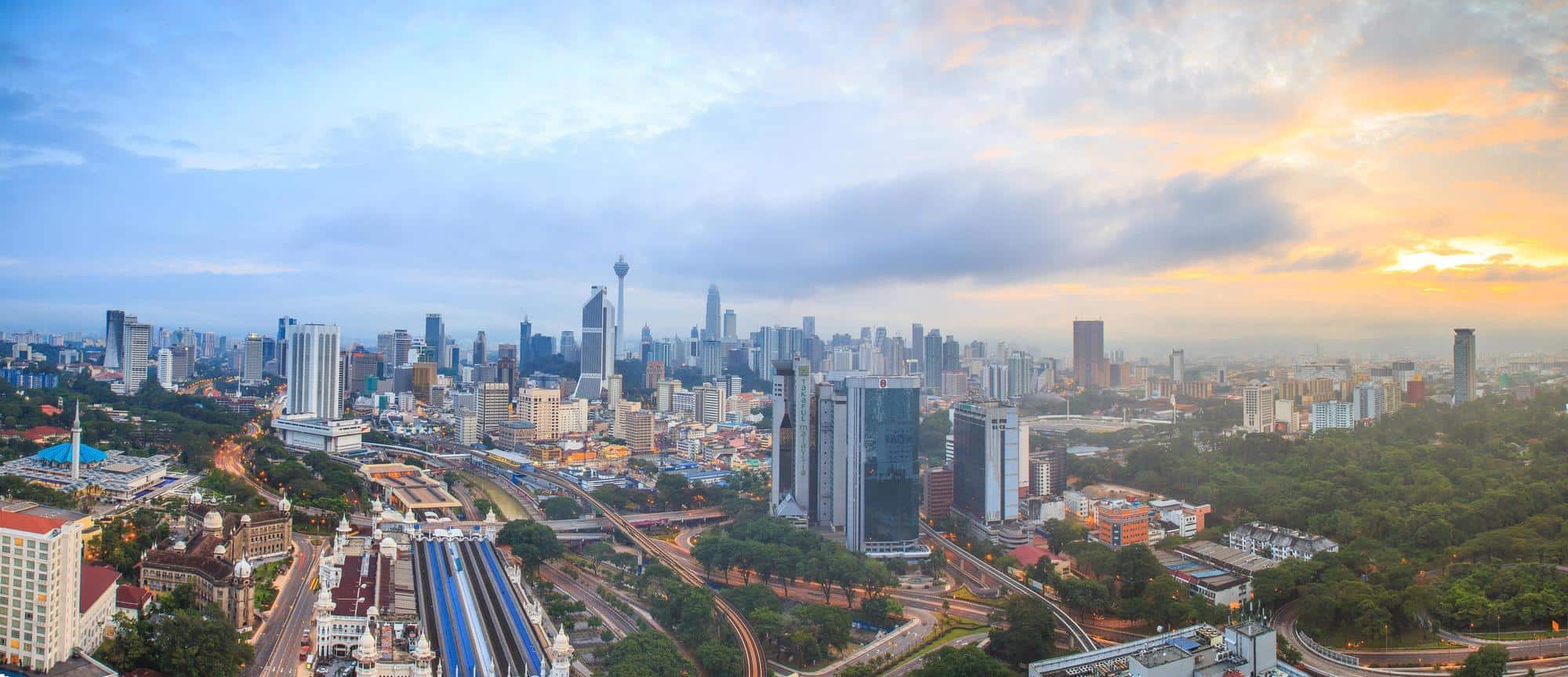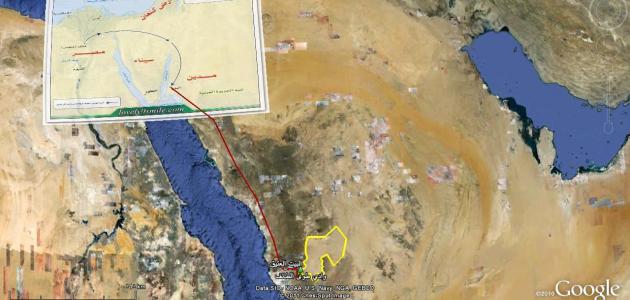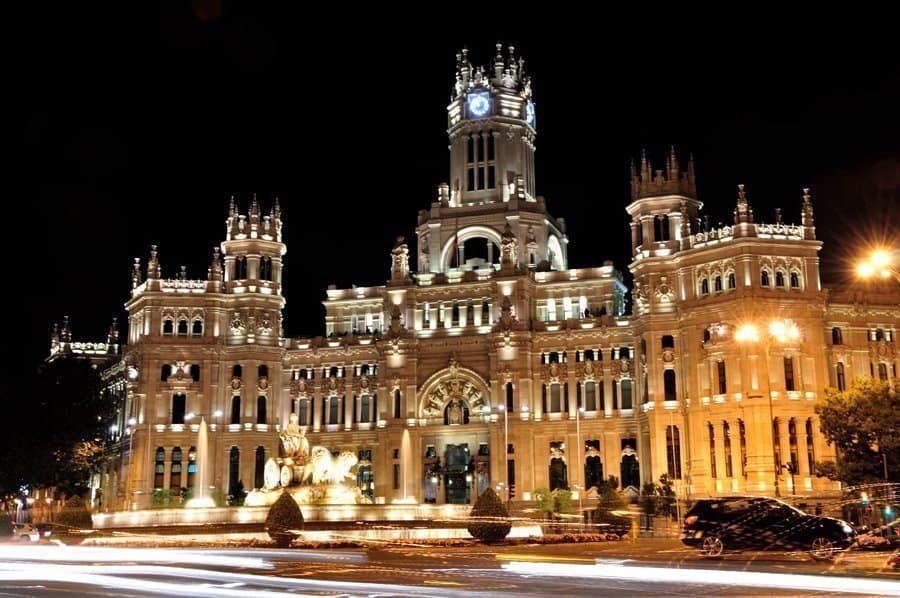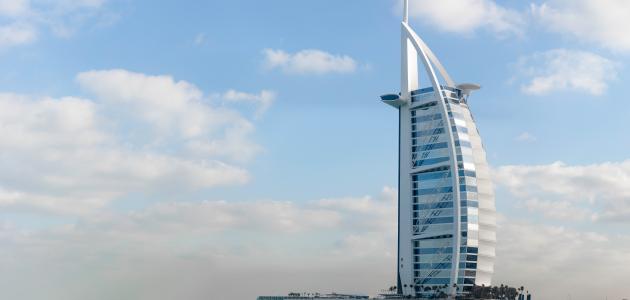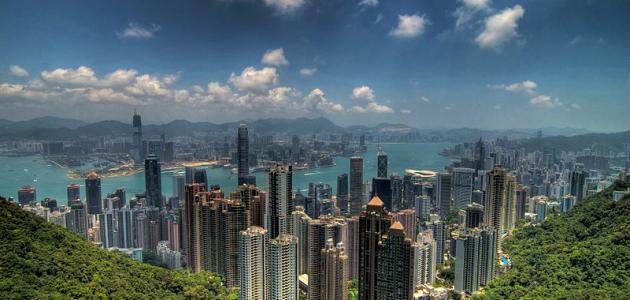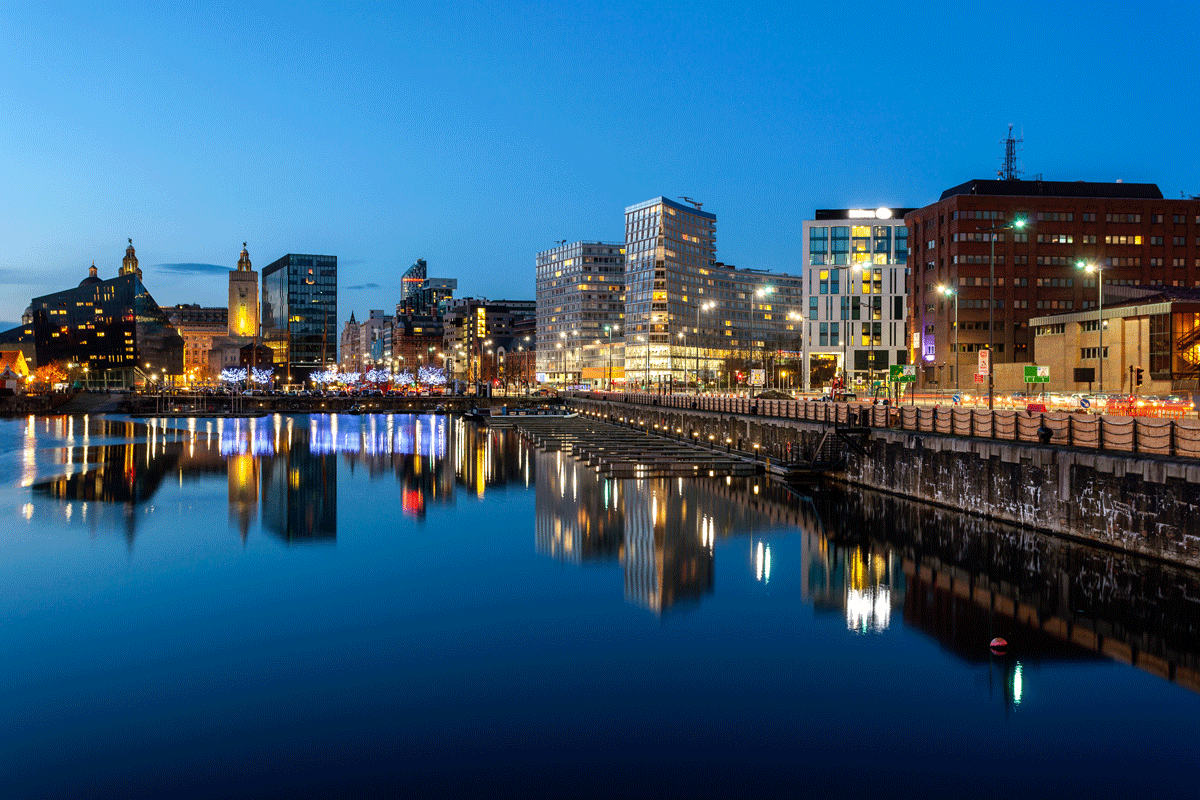Germany
Germany (English: Germany) is a country located in the middle of the continent of Europe, Germany officially became a federal republic after the union of West Germany and East Germany in 1990, and Germany relies on the popular election system to choose representatives of the people, and the German parliament is responsible for public laws In the state, and the selection of the prime minister, the period of parliamentary rule ends after four years, and the German government acts as the executive authority, and the president of the union is the president of the republic but he does not have many powers, and the president is elected for a period of five years, and for each state m The states of Germany have a government of their own that relies on having a legislative council to manage their internal affairs. As for political life in Germany, it depends on the party system, and both the Socialist Union and the Christian Democratic Party are the largest German parties.
Berlin is the capital of Germany
Berlin is the official capital of Germany and the main center of many of its regions. Berlin is located in the northern side of Germany within the geographical axis between the West and the East; in 1871 AD it became the capital of Prussia, but interest in the city declined in 1945 CE, and it survived From the destruction of the Second World War, and its features were rebuilt, which contributed to its economic development.
Berlin was before the Federation of Germany within the territories of the former East German Republic, or known as the Democratic Republic of Germany, but the city was later divided into two parts, the first in East Germany, and the second in West Germany previously known as the Federal Republic of Germany, and was isolated between the sections Berlin and Germany by Building a wall in 1961, which was known as the Berlin Wall, and in 1990, parts of Berlin unified and returned as the capital of all of Germany’s population, and witnessed many developments specifically in the field of trade with Europe.
Berlin has many famous cultural monuments, the most important of which is the Brandenburg Gate, which is a reference to the period of royal rule of the city, and was built in the eighteenth century AD, and is the last remaining gate from the gates that formed the Berlin Wall, and also the entrance to the Acropolis is considered the main gate to enter the city, For 30 years, it symbolized the division of the city of Berlin into a group of entities.
Geography
The geographical area of the city of Berlin reaches 900 square kilometers, and it is distributed in 12 residential neighborhoods, which constitute the equivalent of 95 districts. Geographically, Germany is the seventh European country in terms of area, and the extension of its geographical regions from north to south contains a group of diversified terrain, as in the north there is the northern European plain, and the low regions contain a group of streams, rivers and swamps, and most of them constitute agricultural lands.
The northern sea coasts in Germany are considered low, but their wetlands contain mud flats, water dams and a group of islands. Rugen Island is one of the largest German islands, and many forests and mountains with slopes and sandy coasts spread over its lands in the north-eastern side, but in the south it extends From Berlin, the German lands that contain sand, as there are many lakes, most of them are small in size, and a result of the retreat of the glacier waters.
In the center of Germany there is a group of hills covered with forests, and the volcanoes are the reason for forming these highlands, while the highest mountain peaks in Germany are the Alps that extend between its borders with Austria, and the islands spread along the northern German coasts, and the Rhine is the longest river in Germany.
the climate
Germany is located in a relatively temperate region, but a set of climatic changes occur frequently, affecting the succession of the four seasons. Rainfall falls during most of the year specifically in the fall season, the temperature changes in the winter and accompanied by snowfall, and the highest accumulation of snow in the section The southernmost part of Germany, where the higher regions are located, and the average winter temperature is less than 10 degrees Fahrenheit. The average temperature in Berlin in the winter is 1 ° C, while in the summer the average temperature reaches 18 ° C. The average rainfall is about 568 mm.
demographics
The estimated number of Berliners is 3,563,000 in 2015, according to United Nations estimates. The population of Germany constitutes about 80,722,792 people according to the statistics of 2016, and German society witnesses a population diversity in the ethnic groups, which are distributed among the following groups: The Germans (the indigenous population) make up 91.5%, and the Turks constitute 2.4%, and other groups The minority constitute 6.1%, the majority of whom are immigrants from Greece, Poland, Spain, Croatia, Italy, Russia and Serbia.
The German language is the official language in Germany, and some other languages such as Danish, Serbian, and others are used, and the Christian religion is the most prevalent among the population, as the Protestant community constitutes 34%, and the Catholic community shares it with 34%, and the Muslim population constitutes 3, 7%.
The average government spending on health is about 11.3% in 2014, while spending on education has reached 4.9% in 2013 of GDP.
Economy
The city of Berlin contains many economic sectors, and one fifth of its economic power depends on the creative and cultural economy linked to universities, and more than 80% of the city’s companies work in the field of services. The German economy is ranked fifth globally, in terms of purchasing power, and is the largest economy in the continent of Europe, and Germany is the main source for many global industries, such as household equipment, vehicles and chemicals. The governmental economic reforms in the time period between 1998-2005 AD contributed to addressing the high rate of unemployment and providing many solutions to it.
In 2008, the impact of an economic recession in Germany had not seen since the Second World War, and many government efforts appeared between 2008 and 2009 to reduce the negative impact on the economy and restore stability to it, and in 2011, tax revenue increased by 0.8% in order to help Reducing the fiscal deficit, but the German economy suffers from a decrease in investment rates, which led to the German government seeking to support investments linked to the private sector.
The government in Germany seeks to adopt the use of renewable energy instead of nuclear energy, and all nuclear reactors will be closed in 2022 AD, as electricity consumption from energy represents 27.8%, according to statistics in 2014. The average purchasing power of the gross domestic product in 2016 was 3,979 billion USD, which led to a rise from the 2015 average, which reached about 3,911 billion USD.

